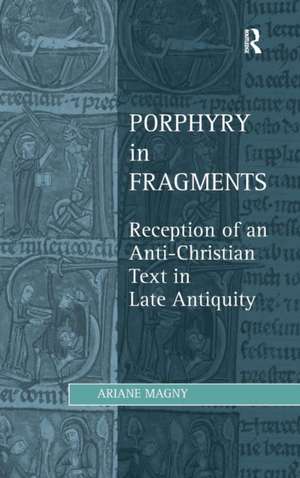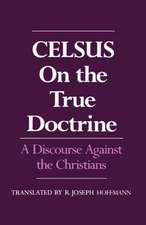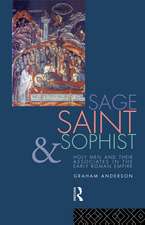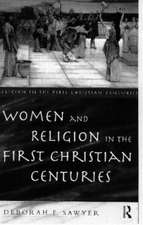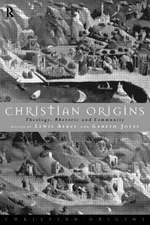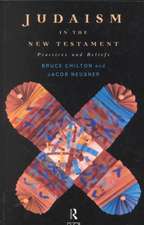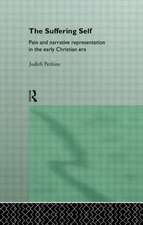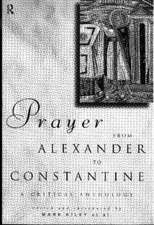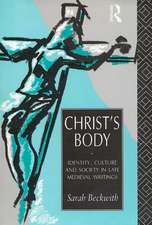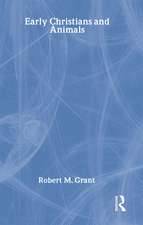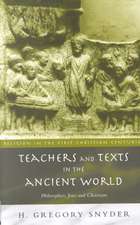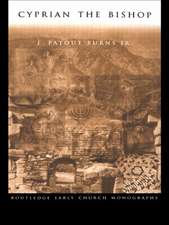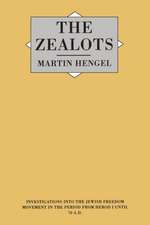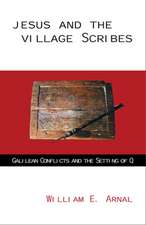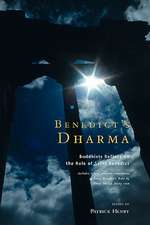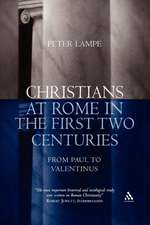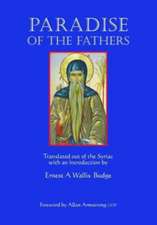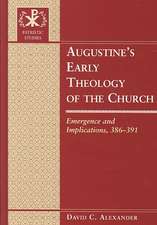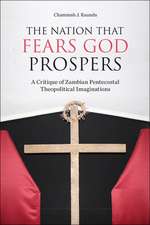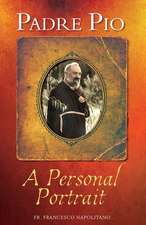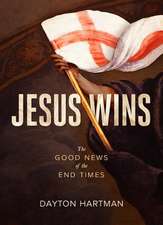Porphyry in Fragments: Reception of an Anti-Christian Text in Late Antiquity: Studies in Philosophy and Theology in Late Antiquity
Autor Ariane Magnyen Limba Engleză Hardback – 28 iul 2014
| Toate formatele și edițiile | Preț | Express |
|---|---|---|
| Paperback (1) | 436.14 lei 6-8 săpt. | |
| Taylor & Francis – 19 feb 2018 | 436.14 lei 6-8 săpt. | |
| Hardback (1) | 1003.43 lei 6-8 săpt. | |
| Taylor & Francis – 28 iul 2014 | 1003.43 lei 6-8 săpt. |
Din seria Studies in Philosophy and Theology in Late Antiquity
-
 Preț: 327.29 lei
Preț: 327.29 lei -
 Preț: 385.58 lei
Preț: 385.58 lei -
 Preț: 469.34 lei
Preț: 469.34 lei - 14%
 Preț: 324.86 lei
Preț: 324.86 lei -
 Preț: 436.14 lei
Preț: 436.14 lei -
 Preț: 436.14 lei
Preț: 436.14 lei -
 Preț: 383.12 lei
Preț: 383.12 lei -
 Preț: 469.34 lei
Preț: 469.34 lei -
 Preț: 390.25 lei
Preț: 390.25 lei -
 Preț: 384.86 lei
Preț: 384.86 lei
Preț: 1003.43 lei
Preț vechi: 1223.70 lei
-18% Nou
Puncte Express: 1505
Preț estimativ în valută:
192.03€ • 199.74$ • 158.53£
192.03€ • 199.74$ • 158.53£
Carte tipărită la comandă
Livrare economică 14-28 aprilie
Preluare comenzi: 021 569.72.76
Specificații
ISBN-13: 9781409441151
ISBN-10: 1409441156
Pagini: 202
Dimensiuni: 156 x 234 x 13 mm
Greutate: 0.54 kg
Ediția:1
Editura: Taylor & Francis
Colecția Routledge
Seria Studies in Philosophy and Theology in Late Antiquity
Locul publicării:Oxford, United Kingdom
ISBN-10: 1409441156
Pagini: 202
Dimensiuni: 156 x 234 x 13 mm
Greutate: 0.54 kg
Ediția:1
Editura: Taylor & Francis
Colecția Routledge
Seria Studies in Philosophy and Theology in Late Antiquity
Locul publicării:Oxford, United Kingdom
Cuprins
Contents: Foreword, Gillian Clark; Preface; Introduction; New methods; Eusebius; Jerome; Augustine’s letter 102; Augustine’s On the Harmony of the Gospels; Conclusion; Bibliography; Index.
Notă biografică
Ariane Magny is Lecturer in Ancient and Medieval History at Thompson Rivers University, Canada.
Recenzii
'[Magny’s] work illuminates the use Christian writers made of Porphyry and is a stimulating and fruitful study.' Bryn Mawr Classical Review
Descriere
The Greek philosopher Porphyry of Tyre had a reputation as the fiercest critic of Christianity. It was well-deserved: he composed fifteen discourses against the Christians, so offensive that Christian emperors ordered them to be burnt. We thus rely on the testimonies of three prominent Christian writers to know what Porphyry wrote. Porphyry in Fragments argues that Porphyry's actual thoughts became mixed with the thoughts of the Christians who preserved his ideas, as well as those of other Christian opponents.
